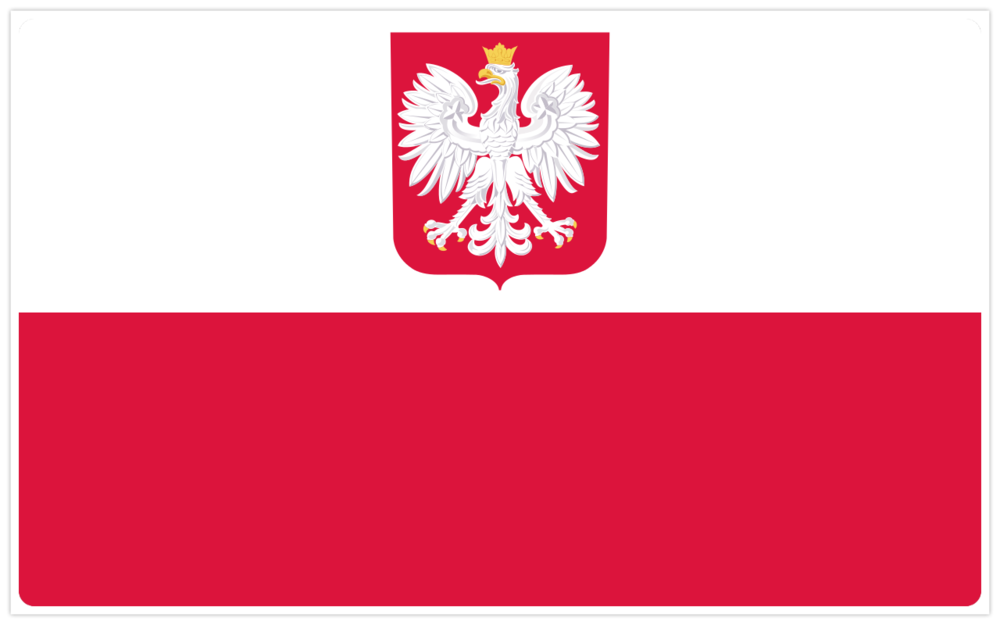The landscape of international trade is rapidly evolving, with the introduction of new free trade agreements (FTAs) set for 2025. These policy changes are opening unprecedented opportunities for customs brokers, who play a vital role in facilitating compliant, efficient cross-border transactions. This article explores how upcoming FTAs are shaping customs brokerage prospects and industry practices.
How 2025 Free Trade Agreements Are Transforming Customs Brokerage
The new FTAs scheduled for 2025 promise to reduce trade barriers, streamline tariffs, and establish clearer customs protocols across participating nations. For customs brokers, these updates mean adopting dynamic strategies and leveraging enhanced digital tools to ensure transactions adhere to less restrictive, but potentially more complex, regulatory frameworks. Instead of simply processing routine paperwork, brokers now must master country-specific rules of origin, product classification protocols, and digital clearance technologies to maximize the cost-saving advantages of these agreements. As FTAs evolve, customs brokers increasingly act as strategic consultants, advising clients on compliance, tariff minimization, and the optimal routing of goods. Brokers are also expected to facilitate real-time data exchange and transparent supply chain reporting, both highly valued under new agreement standards.
Expanding Market Access and Brokerage Roles
2025’s FTAs are expanding accessible markets for exporters and importers, directly benefiting customs brokers specializing in global logistics. This broader reach requires industry professionals to deepen their knowledge of diverse sectoral regulations, regional standards, and the digital platforms used to process customs declarations. With greater market access, customs brokers are increasingly engaged in advisory roles for multinational businesses entering new regions via FTAs. Their expertise in risk assessment, documentation adaptation, and utilization of preferential duty rates becomes essential. Consequently, customs brokerages that invest in continuous training, cross-border partnerships, and digital ecosystems will be best positioned to capture emerging business and foster enduring client relationships.
Conclusion
The 2025 wave of free trade agreements is fundamentally transforming customs brokerage, bringing new complexity and opportunity. Brokers must now combine regulatory expertise with innovative technology and advisory capacity to help clients seize the benefits of expanded market access. By adapting to these changes, customs brokerages can position themselves as indispensable partners in the new era of global trade.

